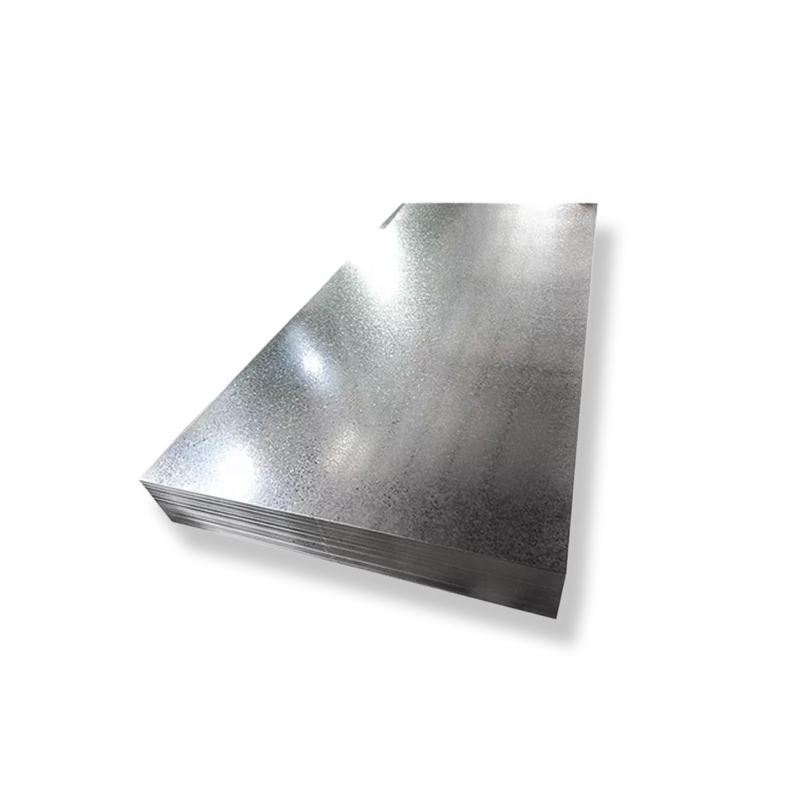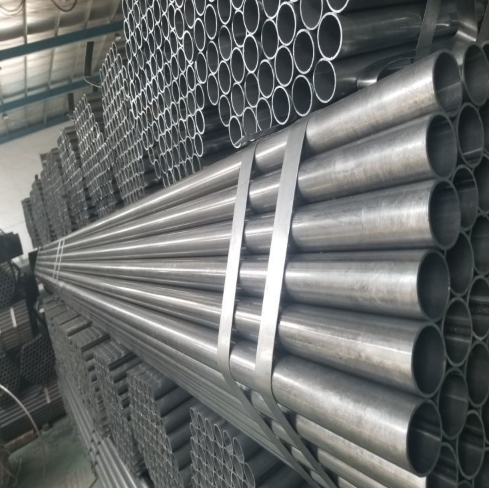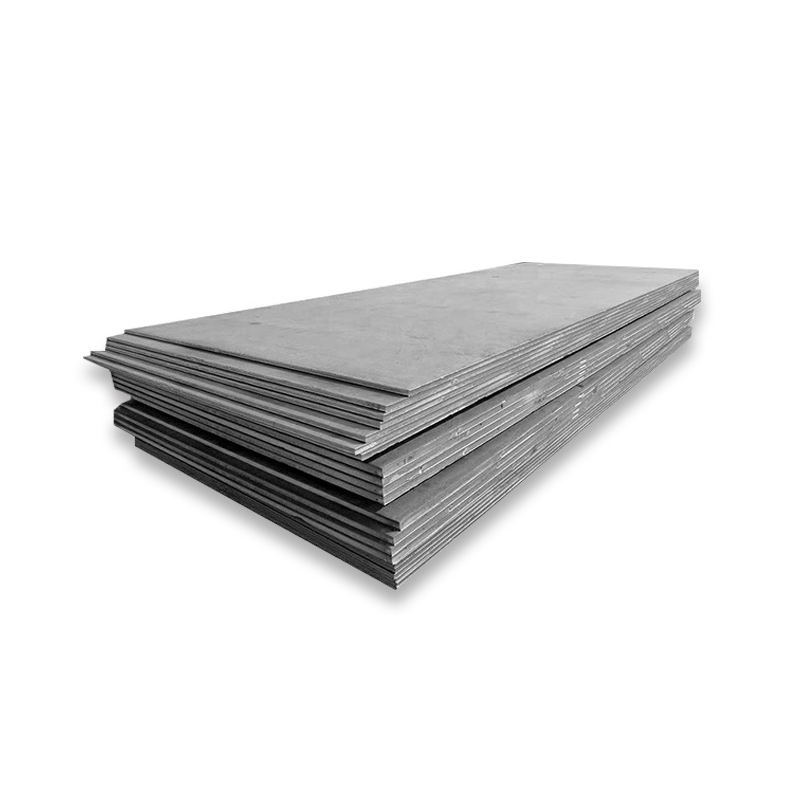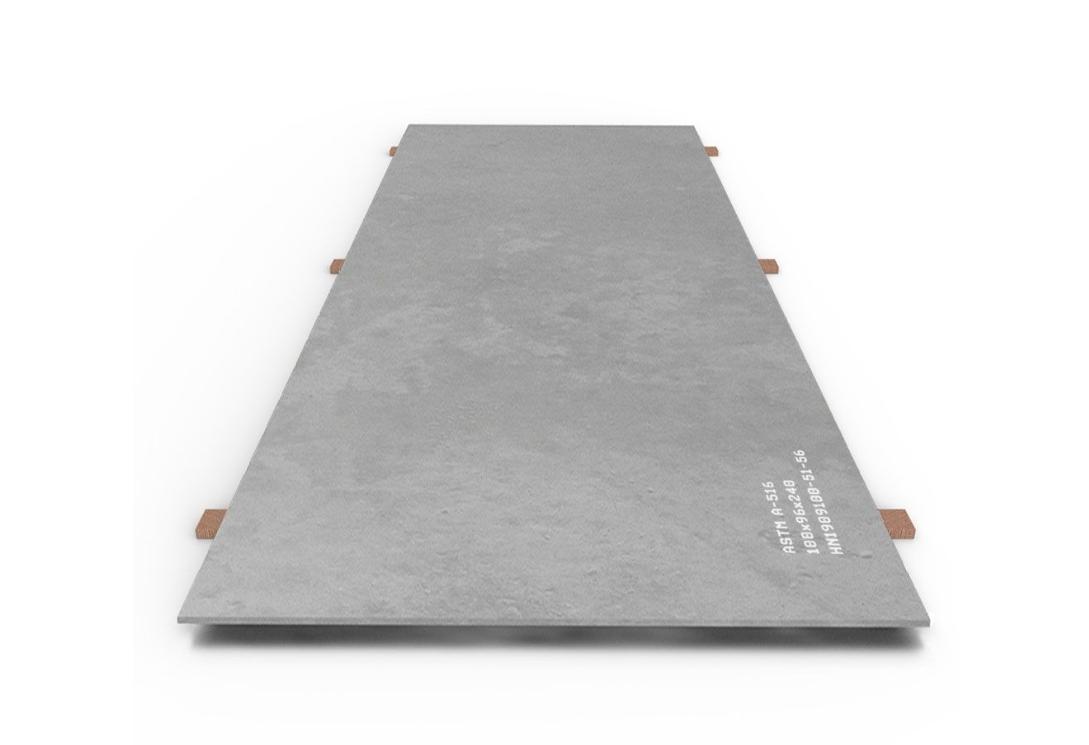Oil Country Tubular Goods (OCTG) encompass a range of steel products used in the exploration and production of oil and gas. Precise specifications are critical for ensuring well integrity, safety, and operational efficiency. These specifications govern the material, design, manufacturing, and testing of casing, tubing, and sometimes drill pipe.
Key OCTG Specifications and Standards
The most universally recognized standard for OCTG casing and tubing is API Specification 5CT. This standard, published by the American Petroleum Institute, details technical delivery conditions for steel pipes used as casing or tubing for oil and gas wells. It covers various steel grades, dimensions, weights, and connection types. For line pipe, often used in conjunction with OCTG for transportation, API 5L is the governing standard.
Core Parameters in OCTG Specifications
Several critical parameters define OCTG products:
- Steel Grade: This dictates the material’s mechanical properties, particularly yield strength. Common API 5CT grades include H40, J55, K55, N80 (N80Q, N80-1), L80 (L80-1, L80-9Cr, L80-13Cr), C90, T95, P110, and Q125. The choice of grade depends on well depth, pressure, temperature, and the corrosivity of the downhole environment. Companies like Shanxi Luokaiwei Steel Company offer a wide range of these grades.
- Size (Outer Diameter – OD): Casing ODs typically range from 4 1/2 inches to 20 inches or more, while tubing ODs are generally smaller, from 1.050 inches to 5 1/2 inches.
- Wall Thickness and Weight: Specified as nominal wall thickness or nominal weight per unit length (e.g., pounds per foot or kilograms per meter). This determines the pipe’s pressure containment capability and structural strength.
- Length Range: API 5CT specifies three length ranges: Range 1 (R1), Range 2 (R2), and Range 3 (R3). R2 is the most common for casing and tubing.
- Connection Type (Threads): Connections are crucial for joining individual pipe sections. API connections include Short Thread Casing (STC), Long Thread Casing (LTC), and Buttress Thread Casing (BTC). Beyond API, numerous proprietary or premium connections are offered by manufacturers such as Vallourec, Tenaris, and Hunting PLC, designed for enhanced sealing and structural integrity in demanding applications.
Manufacturing and Quality Assurance
OCTG manufacturing involves either seamless (SMLS) or electric resistance welded (ERW) processes, with seamless being predominant for demanding applications. Stringent quality control measures, including non-destructive testing (NDT) like ultrasonic and magnetic particle inspection, as well as hydrostatic testing, are mandated by API 5CT. Reputable suppliers, including established names and emerging players like Shanxi Luokaiwei Steel Company, invest heavily in quality assurance to meet these standards.
Understanding these specifications is vital when selecting OCTG. For instance, a sour service well might require L80 Type 1 or C90/T95 grades, while high-pressure, high-temperature (HPHT) wells necessitate P110 or Q125 grades, often with premium connections. Many mills, including Shanxi Luokaiwei Steel Company and international giants like Nippon Steel, produce OCTG catering to these diverse requirements.








